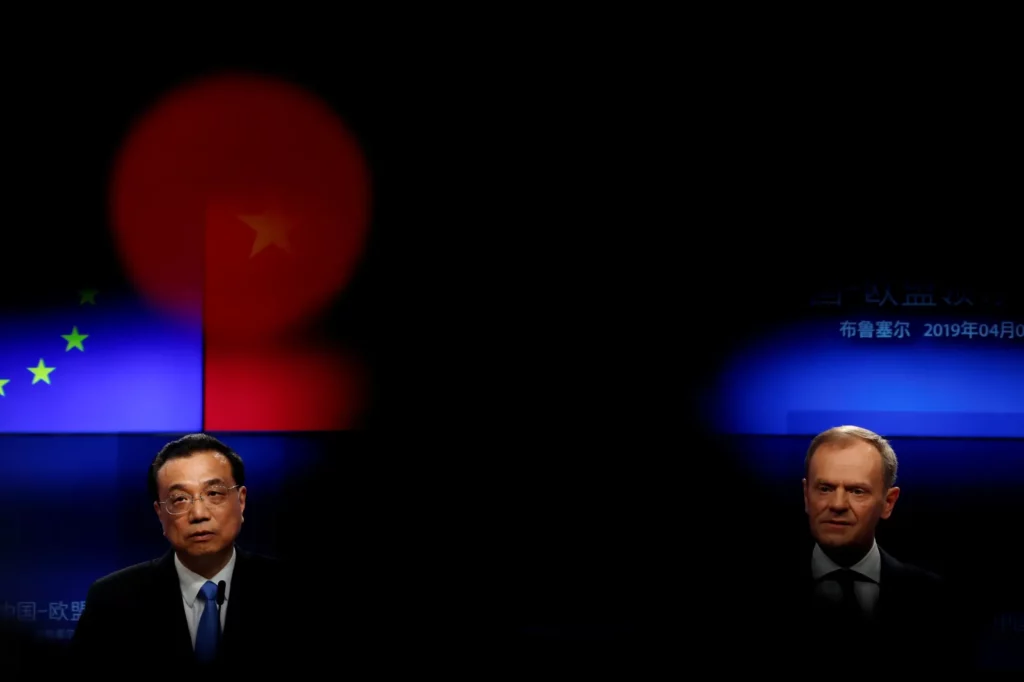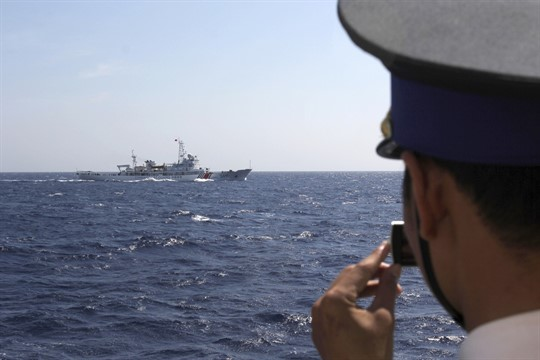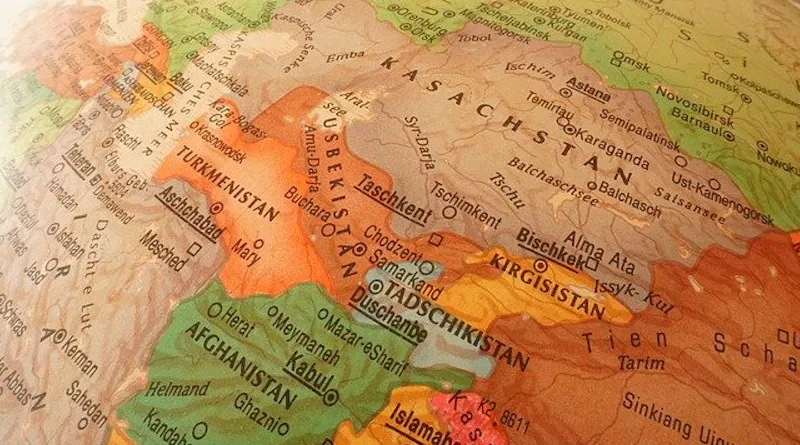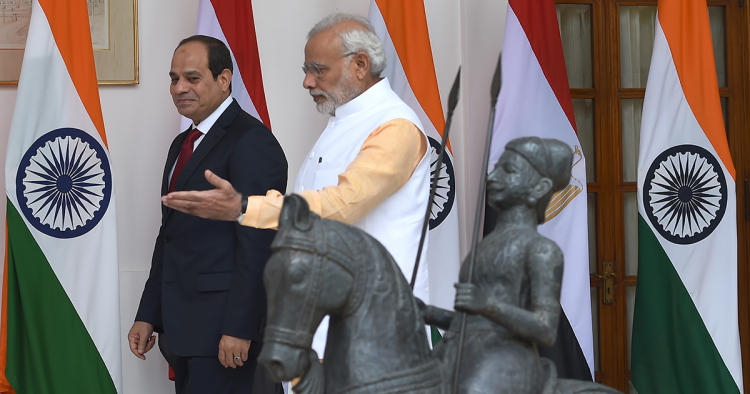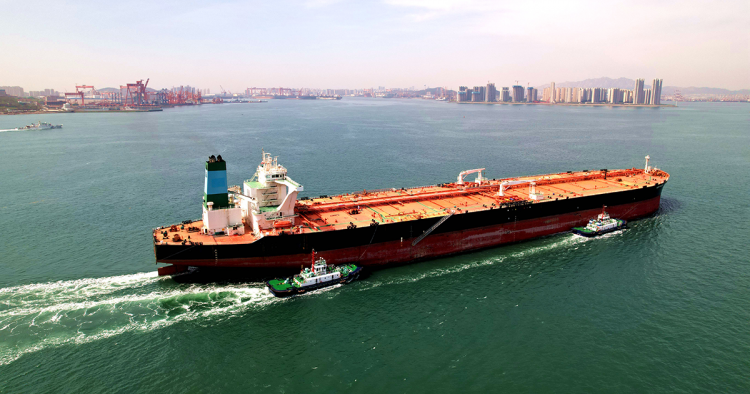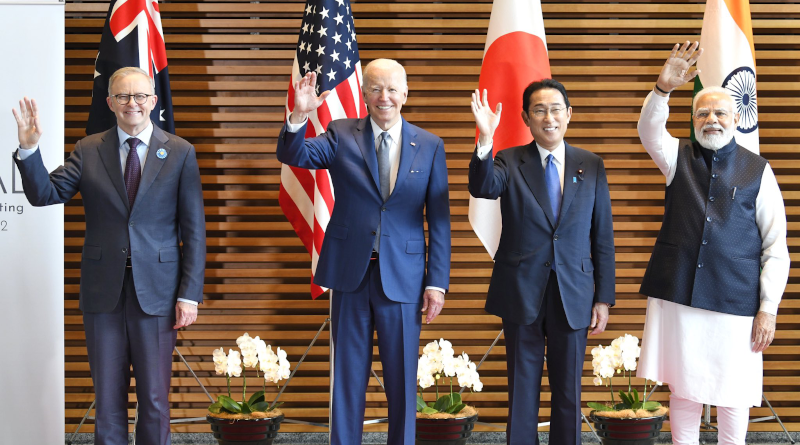Engagement Reframed #7: Defending democracy and countering China requires US and Western support for a beleaguered developing world
The war in Ukraine has become a turning point for developing countries, many of whom could give up the gains made in economic growth and reduction in poverty over the past three decades.
A growing number of developing nations are vulnerable to political instability caused by debt crises, as is shown by Sri Lanka’s current plight. US and Western leadership in reforming the international financial system is needed to avoid the developing world becoming more dependent on China.

